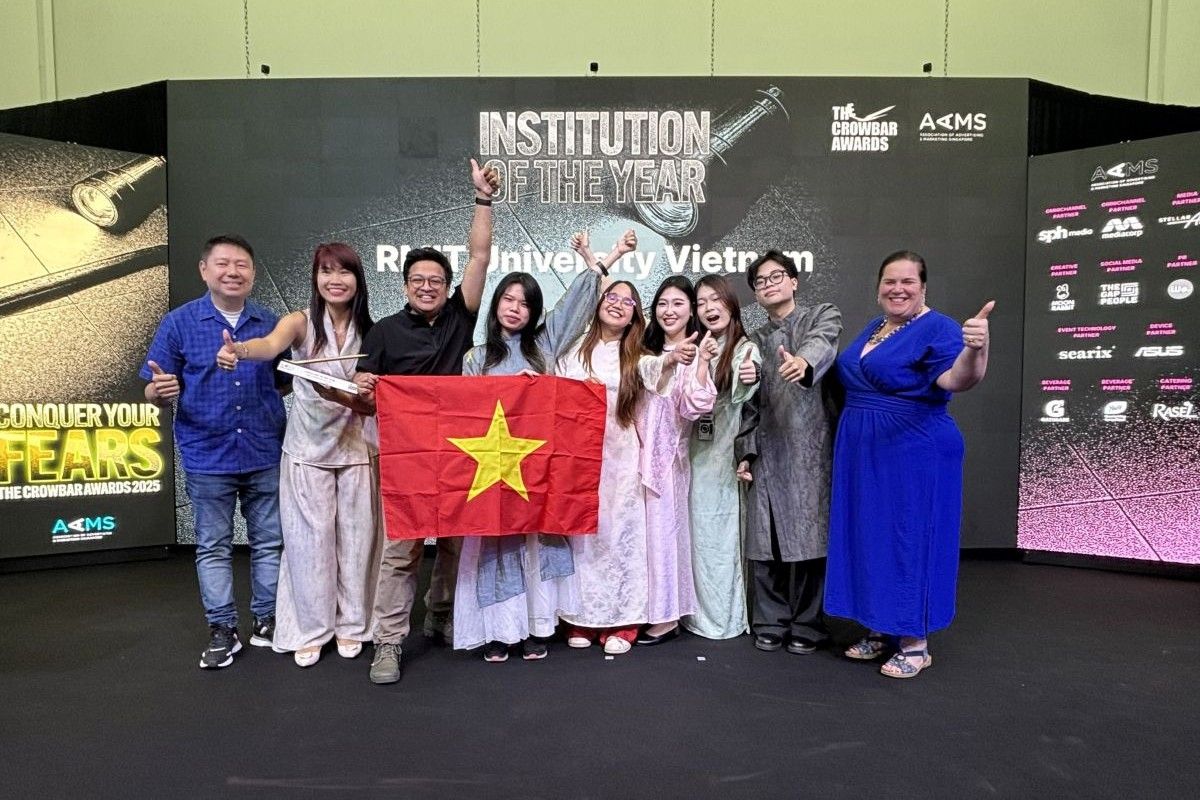Vietnamese students soar at global creative awards
RMIT University Vietnam students started 2026 strong with top honours at major creative competitions in Singapore and the UK, once again spotlighting the strength of Vietnamese creativity on the world stage.
Affiliate marketing boom sparks intellectual property and trust concerns
The explosive growth of affiliate marketing across social media and e-commerce platforms is exposing significant legal and ethical risks, according to experts from RMIT Vietnam.
RMIT and Vietrade sign MoU to boost Vietnam’s global competitiveness
Under the MoU, both parties will collaborate to enhance Vietnam’s enterprise competitiveness and national branding efforts in domestic and international markets.
High-emission sectors face reckoning as EU carbon tax takes effect
Hidden costs in the supply chain could price some Vietnamese exporters out of Europe.




